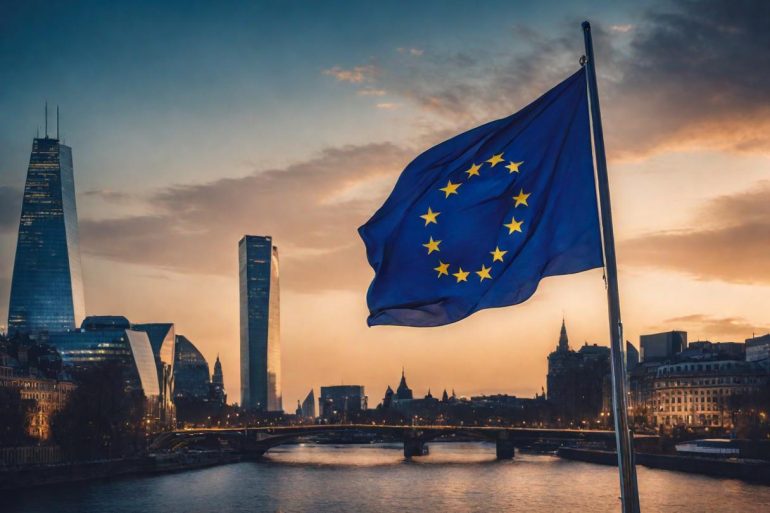- EU’s new AI regulations mandate transparency on training data for AI models like ChatGPT.
- Tech giants face legal challenges over alleged unauthorized use of copyrighted content.
- AI companies resist revealing training data, citing competitive edge concerns.
- Industry divided over EU regulations’ impact on innovation and compliance.
- Calls for balancing trade secrets protection with creators’ rights intensify.
Main AI News:
The European Union’s recent enactment of stringent regulations on artificial intelligence (AI) has ignited a fierce debate over data transparency within the tech industry. These laws compel companies to divulge detailed insights into the datasets used to train their AI systems, a move seen as prying open one of the sector’s most closely guarded secrets.
Since Microsoft-backed OpenAI introduced ChatGPT to the public 18 months ago, interest and investment in generative AI have surged dramatically. However, concerns have arisen regarding the origins of data used by AI firms to train their models. Some argue that utilizing copyrighted material, such as best-selling books and blockbuster films, without explicit permission may constitute a violation of intellectual property rights.
The EU’s AI Act, which is being phased in over the next two years, imposes new obligations on businesses while regulators work to clarify implementation specifics. A particularly contentious provision mandates that organizations deploying general-purpose AI models, like ChatGPT, must provide comprehensive summaries of their training data. The newly established AI Office intends to issue a template for compliance by early 2025, following consultations with industry stakeholders.
Despite these requirements, AI companies are staunchly resistant to disclosing their training data, citing concerns over protecting trade secrets. According to Matthieu Riouf, CEO of Photoroom, revealing such information could provide competitors with an unfair advantage, akin to divulging a secret recipe in culinary arts.
The granularity of these transparency reports could significantly impact both smaller AI startups and tech giants such as Google and Meta, who have made AI a cornerstone of their future strategies.
In recent months, several tech giants, including Google and OpenAI, have faced legal challenges from content creators who allege unauthorized use of their works in AI training. While U.S. President Joe Biden has issued executive orders focusing on AI’s security risks, questions surrounding copyright infringement remain largely unresolved.
Amid mounting scrutiny, tech firms have begun striking content-licensing deals with media outlets and online platforms. OpenAI, for instance, inked agreements with prominent publications like the Financial Times and The Atlantic, while Google secured partnerships with NewsCorp and Reddit.
However, controversies persist. OpenAI faced criticism when it declined to disclose whether YouTube videos were used to train its video-generating tool, citing contractual obligations. Similarly, a recent AI demonstration by OpenAI featuring an eerily accurate synthetic voice resembling actress Scarlett Johansson drew considerable backlash.
Thomas Wolf, co-founder of Hugging Face, expressed support for greater transparency in AI practices but acknowledged widespread industry resistance. He emphasized the ongoing uncertainty about how these regulations will be implemented and their ultimate impact on the sector.
The EU’s move has sparked divisions among lawmakers, with some advocating for mandatory public disclosure of AI training datasets to protect the rights of creators. Others, like French finance minister Bruno Le Maire, caution against overregulation that could stifle European innovation in AI, advocating instead for a balance between regulation and fostering technological leadership.
As Europe navigates these complexities, the global tech community watches closely, recognizing the potential ripple effects of these regulatory decisions on AI development and deployment worldwide.
Conclusion:
The introduction of stringent AI regulations by the EU marks a pivotal moment for the tech industry, particularly concerning transparency and data usage. While these regulations aim to protect intellectual property and ensure ethical AI deployment, they also pose significant challenges to companies reliant on proprietary algorithms. Balancing compliance with innovation will be crucial for navigating the evolving landscape of AI regulation and maintaining competitive advantage in a global market increasingly shaped by ethical considerations.

